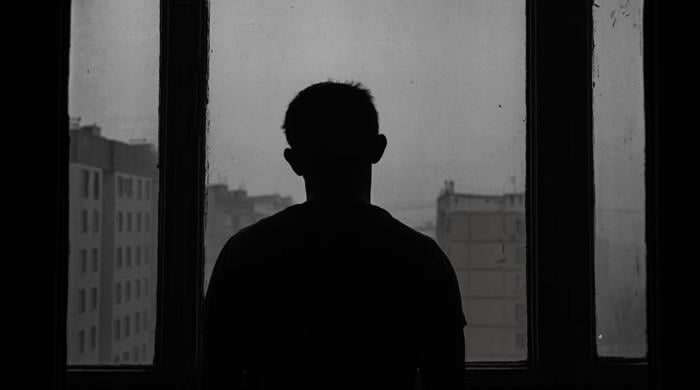Most people usually enjoy summer and consider it the best time to go to the beach and socialize. However, some people may feel depressed, avoid socializing, or lose interest in their daily routines.
This condition, called Seasonal Affective Disorder (SAD), affects the majority of people due to factors such as reduced sun exposure during the winter months.
But can you suffer from this symptom in the summer too? yes.
The National Mental Health Alliance claimed that at least 10% of people experience mental illness in the summer.
According to Marie Claire UK, searches for ‘reverse seasonal affective disorder’ have increased by 80% in the last year, while searches for ‘summer depression’ have increased by 450% in the past three months.
“I think more people are starting to realize there’s a summer version of SAD,” said psychologist Professor Margareta James, founder of the Harley Street Wellbeing Clinic. Sun.
What is Seasonal Affective Disorder?
According to the NHS, Seasonal Affective Disorder (SAD) is a form of depression that comes and goes in seasonal patterns. It usually occurs in winter.
The cause of SAD is not clear, but it is generally believed that reducing sun exposure in winter may be important.
As a result, the production of melatonin, a hormone important for sleep, and serotonin, also known as the “happiness hormone,” may decrease.
Changes in sunlight can also contribute to changes in the body clock, which can derail various bodily functions such as appetite and mood.
Professor James said: “Too much light interferes with the production of melatonin, which is necessary to fall asleep. It interferes, and when your wakefulness cycle is disrupted, it becomes difficult to control your mood.”
Nonetheless, there are likely a number of other factors that can contribute to feeling depressed in the summer, such as the economic situation, lack of quiet time, and more.
“While social pressure can affect your mood during the summer, overdoing it can make you feel worse,” says Professor James.
“We tend to say yes to everything and every weekend can be busy,” she says.
What are the symptoms of SAD?
“Symptoms of Seasonal Affective Disorder (SAD) are similar to those of regular depression, but recur at certain times of the year,” the NHS said.
Symptoms usually include low mood, watery eyes, and feelings of hopelessness. It may also include social withdrawal and loss of interest in daily activities.
In summer, people with this condition may lose their appetite, eat less, and lose weight, as opposed to winter.
What about SAD?
James said it’s also important to be conscious of light exposure, such as limiting evening exposure as much as possible for summer SAD.
To handle this situation, you can take the following actions:
- improved sleep
- Use cold water showers to reduce heat and irritation
- reduce stress
- healthy eating
- Plan your social life, including vacations

